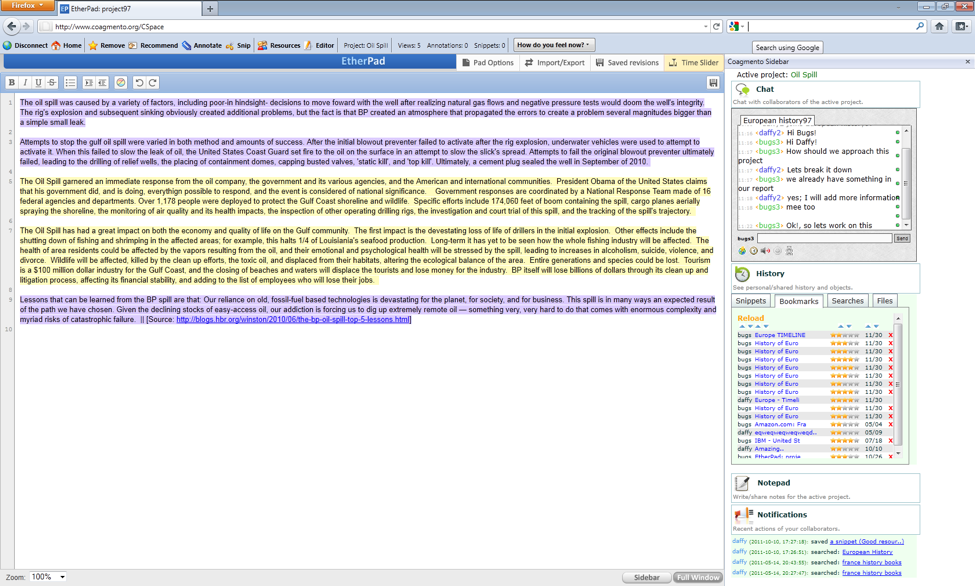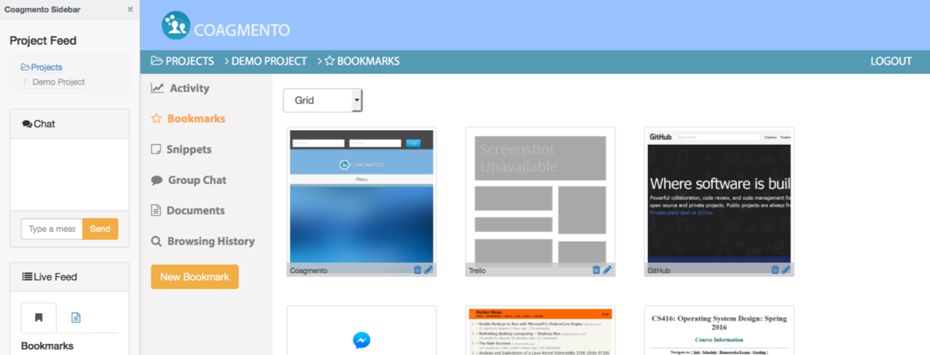A Summer of Productive Fun for InfoSeekers
Activities included travel, classes, lab meetings and socializing!
Where does one begin to describe the summer of 2018? Chirag summed it up when he said, “We had a fantastic, fun, and productive summer. I think even having lab meetings every week throughout the summer is an achievement. We learned a lot from each other and had fun doing so. InfoSeekers have won awards, presented papers, and traveled to different corners of the world. Even our alumni have done some wonderful things.”
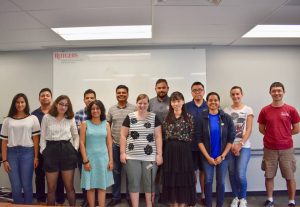
The following captures just the highlights of InfoSeekers at work and play, keeping things interesting as they moved their studies forward.
Manasa Rath went to summer school in Los Angeles, and her team rated runner-up status for an award for a project for “Summer Methods Course on Computational Social Sciences.” Before attending the course, Manasa had scored full funding for her travels, accommodation and other support. (Only 11 percent of those who apply for this support receive it.) While there, she met other graduate students from the U.S. and Europe who were learning about automated textual analysis. Her team’s project concerned using word embeddings to measure ethnic stereotypes from various news corpora, including NPR (National Public Radio) and The New York Times.
Meanwhile, Souvick Ghosh did a ten-week internship as part of the LEADS-4-NDP (National Digital Platform) Fellowship Program. Each intern in the program worked with different industry partners focusing on data science problems. Vic collaborated with OCLC Research to cluster publisher names using MARC records. (OCLC is the global library cooperative that provides shared technology services; MARC stands for Machine-Readable Catalog and has provided the national standard for the description of items for the digital catalog for libraries since 1971.) In their internship work they attempted to cluster instances of MARC records that contain different information such as the title of a book, the author, the publisher, ISBN number, etc. The idea was to cluster the instances of same publisher entities, exploring different hashing and machine-learning approaches, additionally evaluating the relative importance of various features for classifying entities.
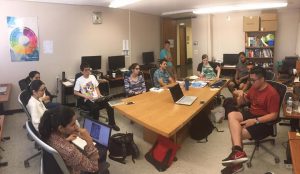
In other updates, Jiqun Liu and Shawon Sarkar started the recruitment phase for a study on people’s search experience and preferred supports in information seeking, the purpose of which is to improve Web search. So far, four people have completed the study. Recruitment and running the study will likely continue through mid-October.
InfoSeeking Lab Director and all-around inspired leader Chirag Shah did his share of travel this summer including a visit to Ryerson University in Toronto, where he gave a talk about data and algorithmic biases. (See his August 6 blog.) But the real fun was being able to finish his goal of making it to all 50 of the states in the U.S.
Please be sure to scroll all the way down to see the fun capper snapshot!
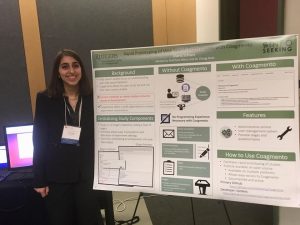
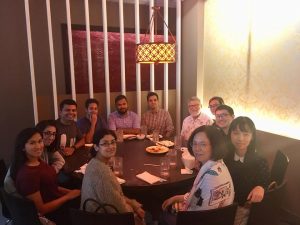
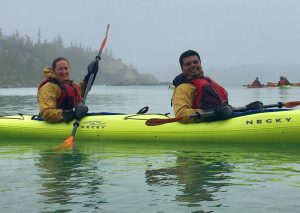
By the way, have a wonderful fall semester, InfoSeekers, and a very Happy Birthday to Chirag!

